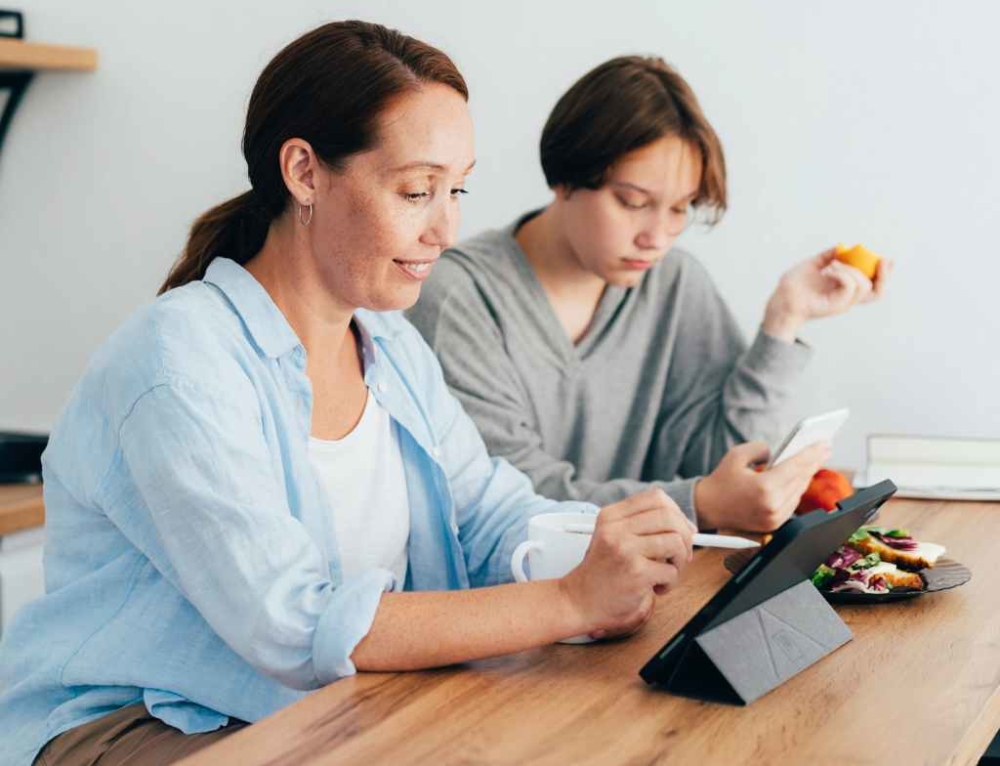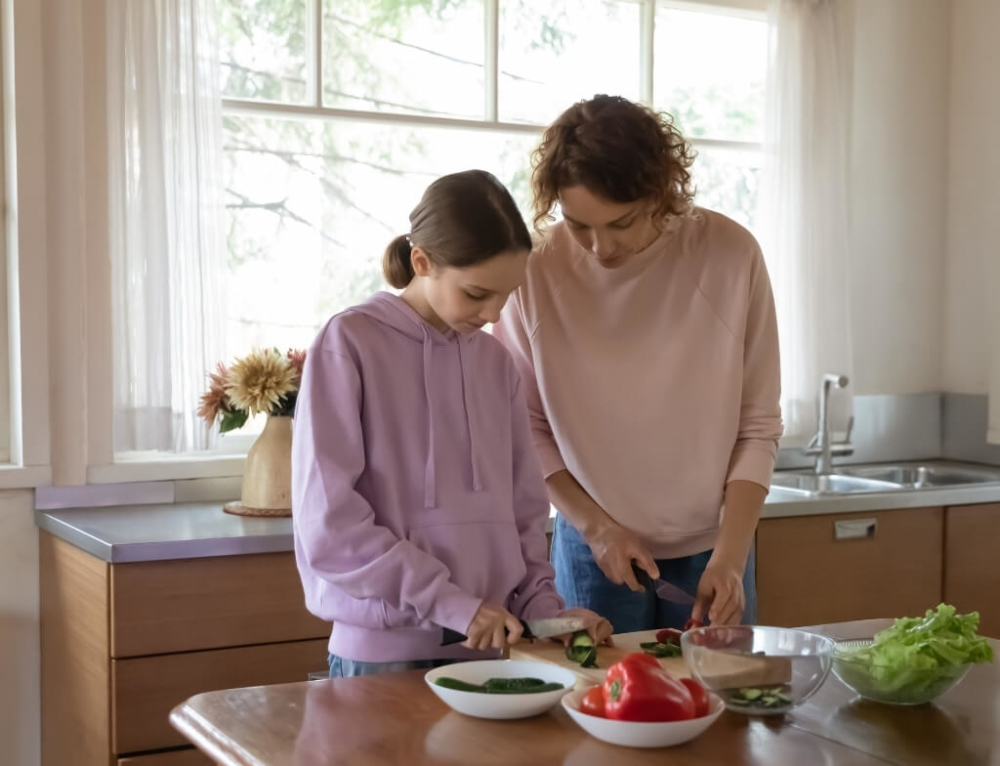Talking to our kids about sex is never an easy thing, but it can be the most important discussion you have. Sex education is just another way we help our children become adults and teach them how to protect themselves. By providing them with accurate information, we’re empowering them to make good and well-thought out choices in the future.
Open discussion and self assurance
While most of us would love our daughters never to have sex, the reality is a large percentage of girls in their early to mid-teens are doing it. Avoiding talking about sex won’t stop your daughter from having it, it just puts her more at risk as she may not have accurate information. In fact, some research says that if parents have open and frank conversations with their children about sex they are more likely to delay having intercourse and less likely to have an unwanted pregnancy.
If you are really too embarrassed or your daughter finds it difficult to talk to you, arrange for her to talk to another trusted adult or make an appointment with a GP or family planning clinic. It can be really helpful for dad to be involved in any sex talks, as well as removing the secrecy and encouraging open and honest talk at home, it reinforces that contraception is not just the duty of the woman. The most important thing you can do for your daughter is ensure she feels secure and feels loved. This will boost her self-esteem and make it easier for her to say ‘no’. When you talk about sex, be positive and tell her it is an important part of healthy relationships, but that she needs to be ready. Tell her it is fine to say no and not feel guilty.
Contraception choices
Whether you like it or not and whether you know about it or not, your daughter may start having sex. Talking to your daughter early on about contraception and safe sex gives her the choice to look after herself. Talking about contraception and providing her with contraception won’t make her promiscuous, but it will help protect if she decides to have sex. It will help reinforce the responsibility that having sex entails.
Condoms
Condoms are a good, reliable choice for safe sex, especially for teenagers. Like any contraceptive they need to be used properly to be effective – they need to put on before sex occurs and a new condom is needed each time. Condoms have the added benefit of helping to protect against Sexually Transmitted Infections.
The Pill
Many young girls go on the contraceptive pill for reasons other than preventing pregnancy. It is an excellent contraceptive, but must be taken every day. Illness such as vomiting and diarrhoea can effect the pill, as can taking antibiotics. Ensure she realises this. If your daughter uses the pill, remind her that it doesn’t protect against sexually transmitted diseases and that her partner should also wear a condom.
Other methods
There are other contraceptive methods that are good to discuss with your daughter, though probably not the best choice for a young person.
The rhythm method
This is when sex is avoided during a woman’s most fertile time of the month. As a young girls’ menstrual cycle is quite irregular it can be hard to predict. Also, for the rhythm method is be truly effective it needs the dedication and support of both partners, which may not happen while we’re young.
Inter-uterine device.
IUDs only protect against pregnancy and don’t protect against disease, so may give a false sense of security.
Depo provera
is an injectable hormone that last for three months at a time.
Implanon
is a small plastic rod that contains small amounts of hormone. It’s implanted under the arm. It lasts for around three years.
Diaphragms
can be difficult to learn to use and take some getting used to. Also, they don’t protect against disease.
The Emergency Contraceptive Pill or the ‘Morning After Pill’
Can be taken after unprotected sex to prevent pregnancy. It can be taken up to five days after unprotected sex occurs. Again, it doesn’t protect against disease and prevention is a much better option. However, it can be useful in the case of condom or other contraceptive failure if taken within the five day window.
Your GP or local family planning clinic will be able to provide you with the most up-to-date contraceptive advice.
- This article was written by Corinne Draper for Kidspot New Zealand. Sources include BetterHealth and Human Services, NSW.







Leave A Comment
You must be logged in to post a comment.